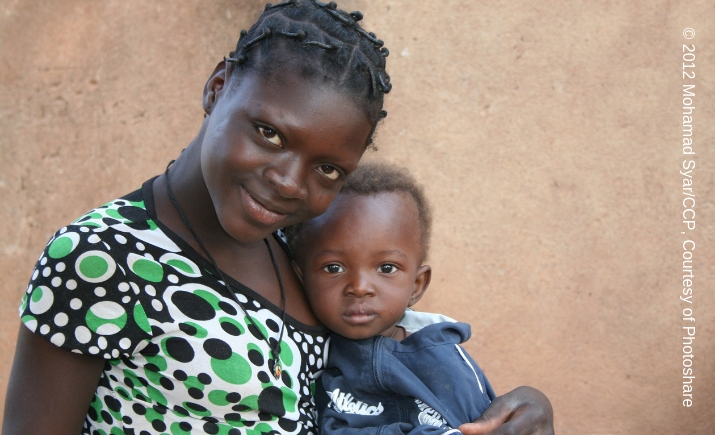MSH Develops Community Health Investment Case to Advance UHC in Burkina Faso
MSH Develops Community Health Investment Case to Advance UHC in Burkina Faso

MSH collaborated with UNICEF and the Government of Burkina Faso to develop an investment case for community health services to reduce maternal and child mortality and achieve UHC.
Strengthening community-based health services is essential for improving health outcomes, particularly in resource-poor settings where access to health care is limited. However, without compelling evidence on the costs and return on investment (ROI) of community health initiatives, governments and partners are often hesitant to commit adequate financial resources for long-term program implementation. Having such evidence helps governments and partners effectively advocate for, mobilize, and prioritize financial resources for health while also helping to determine whether such an investment will advance progress toward universal health coverage (UHC).
In recent years, Burkina Faso has introduced several health systems reforms aimed at achieving UHC and reducing the country’s high rates of preventable maternal and child deaths. A key pillar toward achieving this goal is the introduction of the National Community Health Strategy (2019–2023), which the Government officially adopted on December 28, 2018.
Through the new strategy, the Ministry of Health (MOH) and its partners will train and deploy more than 20,000 community health workers to provide a basic package of services. This package will include treatment for childhood diarrhea, pneumonia, and malaria; the provision of family planning services; and outreach visits to promote the use of facility-based services such as antenatal care. As part of the strategy, the MOH also plans to construct primary health posts throughout the country and expand enrollment in health insurance to reduce financial barriers to care seeking.
Despite growing momentum toward implementing the strategy, the Government has lacked the necessary evidence to estimate the program’s cost and calculate the ROI in terms of lives saved.
A five-year Community Health Investment Case, developed by MSH with funding from UNICEF, provides the Government and its partners with these detailed projections. The Government will use these results to mobilize domestic and external financing and monitor progress of implementation.
In January 2019, Colin Gilmartin of MSH presented the results of the Community Health Investment Case in the capital of Ouagadougou to more than 100 personnel from the MOH and technical and financial partners, including representatives from UNICEF, WHO, the World Bank, the Bill and Melinda Gates Foundation, GAVI, and the Global Fund, among others.
The investment case demonstrates that by expanding access to a package of promotional, preventive, and curative health services at the community level, there will be a considerable ROI relative to the cost of investment. Based on the results, the Burkinabé population could experience a nearly 20% reduction in under-five mortality and a 16% reduction in maternal mortality if access to community health services is improved and key supply- and demand-side barriers to services are resolved. These include frequent stock-outs of medicines, delays in payments to community health agents, low motivation and attrition among agents, and risk of insecurity. The analysis enables the Government and its partners to mobilize and advocate for the resources needed to address these areas and bring sustainable improvements to the nation’s health system.
For more information, contact: fintools@msh.org
Related resource: Community Health Planning and Costing Tool